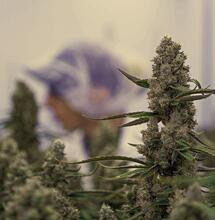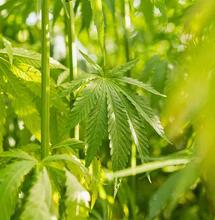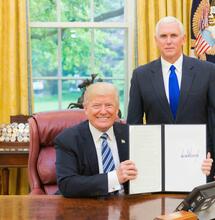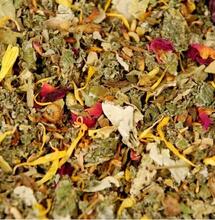China and Cannabis

Cannabis is illegal in China. Despite this, the country's hemp industry is thriving. Chinese corporations own over half of the world's patents for cannabis-affiliated products. Some specialists have implied that this denotes a shift in perspective for China and a possible relaxing of the laws in the future.
It is currently illegal to possess or use cannabis in China, with the government primarily demonising the substance and the penalties for being caught with cannabis being quite severe. The Chines "National Narcotics Control Commission" previously went as far as launching a digital campaign that targeted young people. This was part of a nationwide action to decrease cannabis use among adolescents.
Suppose you're caught selling or distributing cannabis, particularly in the stricter provinces where the law is enforced more tightly. In that case, you risk receiving the death penalty for having just five kilograms or more. Additionally, severe sentences are imposed, from five years imprisonment to life sentences.
There are claims; however, that parts of China are much more relaxed than others. For example, one citizen reported that Shanghai is not a politically strict city. As a result, many people sell marijuana; some sell weed outside the clubs, and the police walk by without caring. If apprehended, offenders may face a detainment of only 10-15 days and a fine of up to 1,000 yuan.
It is also prohibited to grow cannabis at home in China, and you again risk varying degrees of prosecution if caught doing so. Despite this fact, China remains the largest hemp producer in the world, producing over 50% of the globe's supply of industrial hemp.
China is the world's biggest producer of hemp by a considerable margin, exporting hemp and hemp products globally, with demand from North America and Europe being exceptionally high. Campaigners want to increase cultivation further, emphasising the benefits of increasing employment in the rural workforce. Increased production could take three million farmers out of poverty while doubling their annual incomes. The Chinese government is eager to continue to cash in on the financial potential of hemp. It has declared that other plantations will be installed.
China also has a thriving CBD industry. However, unsurprisingly although China produces CBD products to be exported to other countries, purchasing or selling CBD is also illegal.
The medicinal value of hemp has been recognised in China's culture for millennia. As a result, there are countless references to the plant in Chinese writings, especially concerning cannabis seeds, which have been continually used in traditional Chinese medicine for at least the last 1800 years. Today, China is one of the most influential medical cannabis producers in the world, owning 309 of the 606 patents connected to cannabis.
Although China is an influential participant in the medical cannabis market, it currently does not have a medical programme. Neither does the law allow the use of cannabis for any medical pursuits, even via prescription. However, some believe that given their strong market position that it's only a matter of time before medicinal cannabis is legalised in China.
Other industry experts, however, disagree, remarking that the negativity encircling cannabis, plus the lack of education about its health advantages, is just too high of a hurdle to overcome any time soon.
Suppose you are planning on travelling to China or currently live there. In that case, it may be of interest to you to know that despite the strict laws regarding the possession and sale of cannabis, it is widely sold across the country. The pitfalls, however, are knowing where to find it and the risk of being caught. Also worth noting is that black-market Chinese cannabis is often of poor quality and can be over-priced.
Despite government efforts, the number of people using cannabis and other drugs in China has grown exponentially. Specialists believe that this is owed to China's increasing prosperity and the exposure of young people to Western culture, where drug-taking, especially cannabis, is not seen as such a taboo.
















